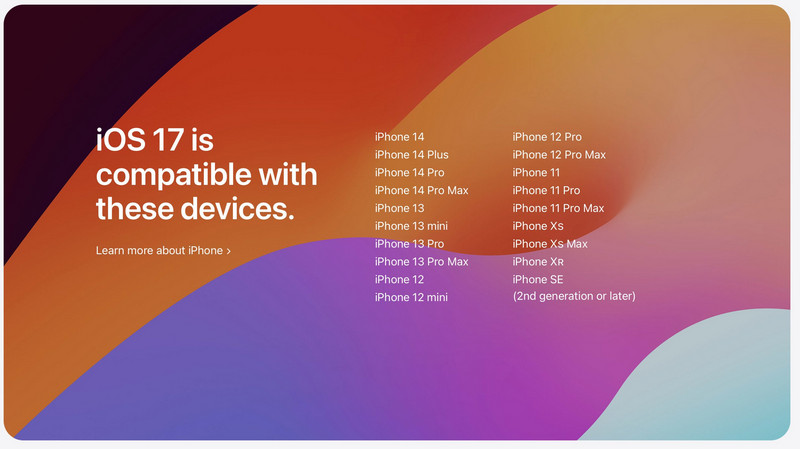Apple's iOS 18 has introduced a new security feature known as the "inactivity reboot," which is causing significant challenges for law enforcement agencies attempting to unlock iPhones. This feature automatically reboots iPhones that have been inactive for a certain period, thereby enhancing user privacy and security. The reboot process effectively locks the device, making it more difficult for unauthorized access, including attempts by police to unlock seized devices for forensic analysis.
The feature has been observed in iOS 18.1, where iPhones automatically reboot when they have not been unlocked for a while. This security measure is designed to protect user data by ensuring that devices remain secure even when left unattended for extended periods. However, this has led to complications for law enforcement, as the automatic reboot can disrupt ongoing forensic investigations by resetting the device's state, making it harder to access data without the user's passcode or biometric authentication , .
The feature has sparked discussions among security experts and law enforcement agencies, with some speculating that iPhones running iOS 18 might even be communicating with each other to trigger these reboots, although this remains a hypothesis , .
This security enhancement aligns with Apple's ongoing commitment to user privacy, but it also highlights the tension between privacy rights and law enforcement needs. The feature has not been publicly announced by Apple, but its implications are already being felt across various sectors , .



